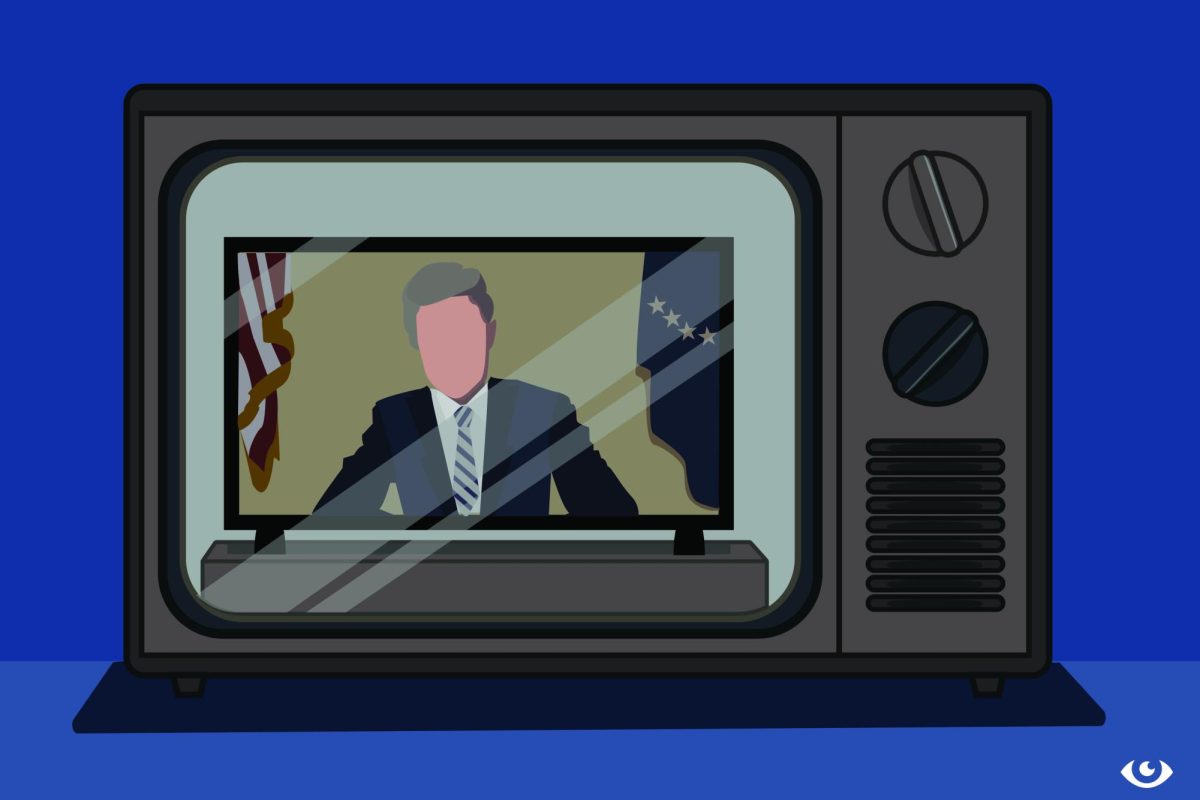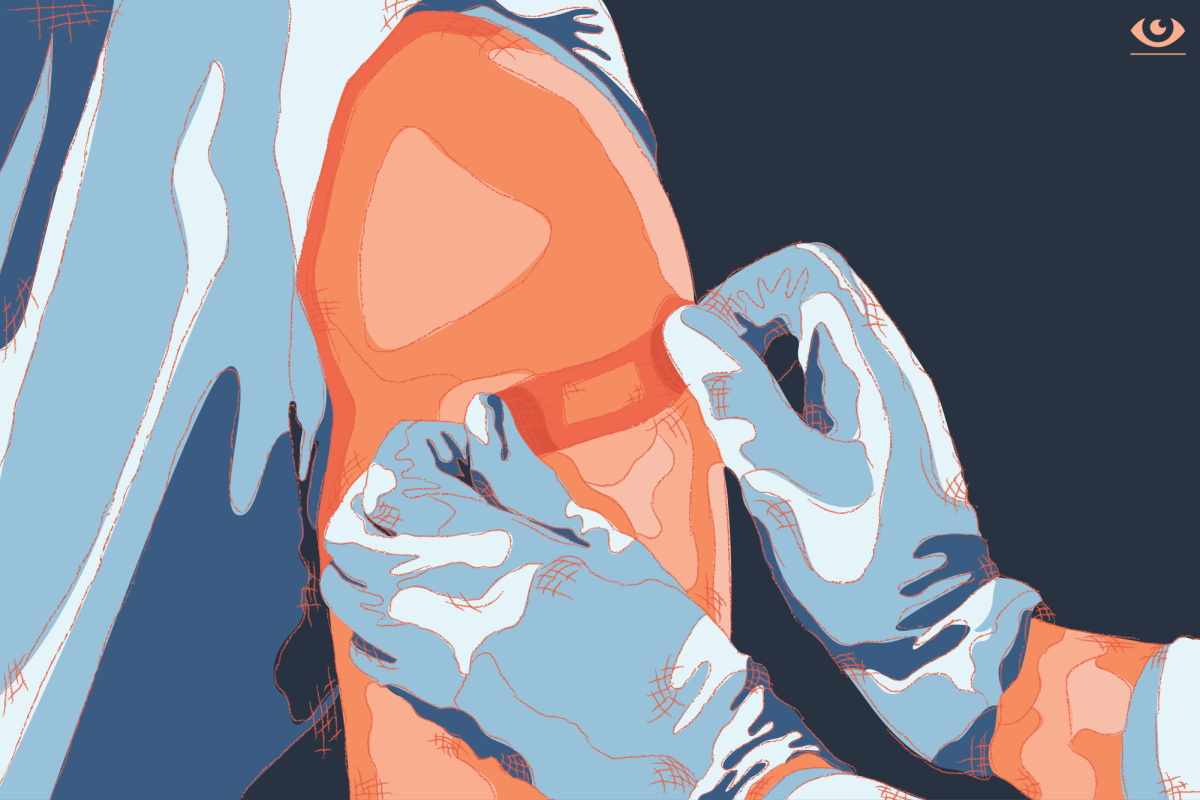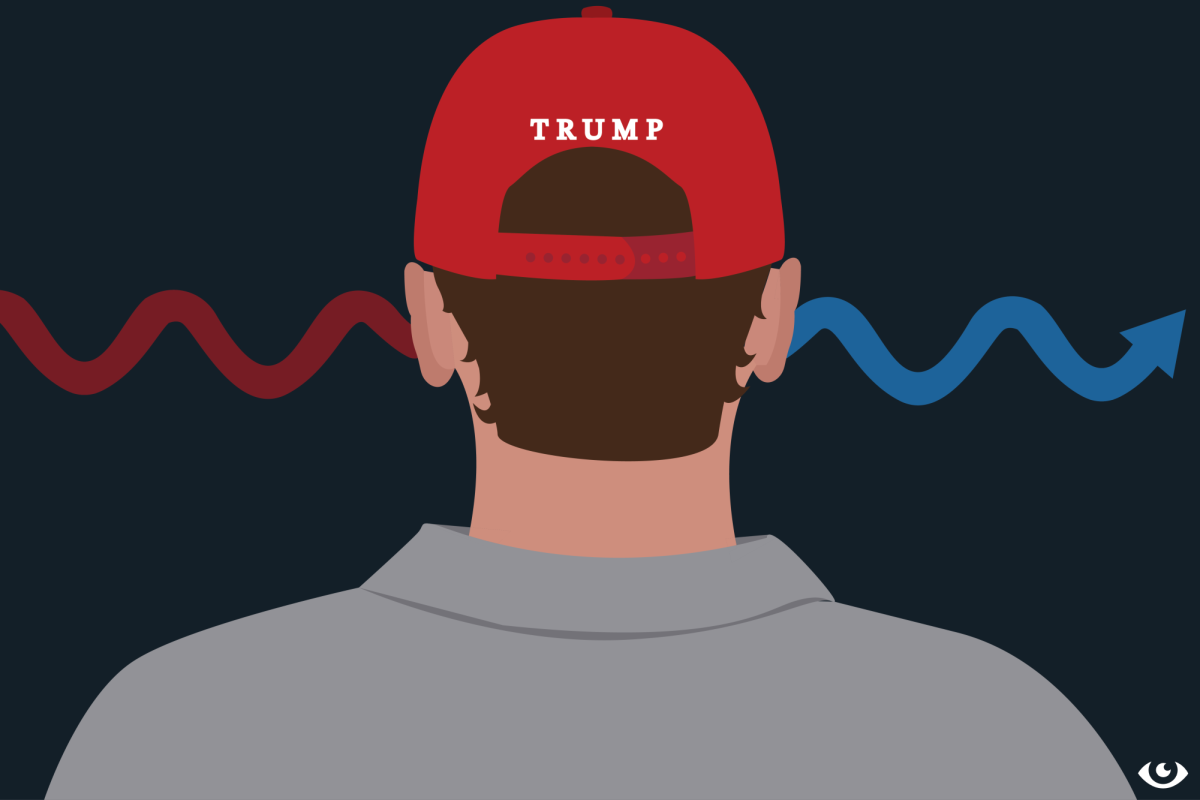Former President Jimmy Carter died on December 29, 2024. One of the most common refrains from his supporters, before his death and after, is that a man as moral as he was could never have stayed in the filthy business of politics for more than one presidential term. This may be an unfair characterization of government, but the notion that there was something about Carter that gave the public as a whole a bad taste in its mouth is incontrovertible: when he ran for re-election against California Governor Ronald Reagan in 1980, the incumbent Carter secured a pity-inducing 49 electoral votes to Reagan’s 489.
He lost that election for a lot of reasons, but neither a stagnant economy nor the Iran hostage crisis could explain a skewering this grotesque. There had to be another reason why, by the end of his first term, Carter was so unelectable.
In 1979, Carter sat down to deliver a televised address from the Oval Office, and that reason—one that had been pinging around in the minds of voters since he assumed office—fully revealed itself. In a speech that’s become known as “A Crisis of Confidence,” he said in part:
The speech was a tour de force in writing and communication, but Carter—with his receding economy and blame for the exacerbation of Cold War crises—was the exact wrong person to give it. It didn’t have much immediate effect on Carter (his approval ratings even slightly increased), but it cemented into Americans’ minds the idea that he was a pessimist. So, when the happy-go-lucky Reagan emerged promising ever more wealth and luxury, the 39th President’s defeat was inevitable.
But, with 45 years between the America Carter spoke to that night and the one that lives today, and with the former president’s death still reverberating in the minds of the public, now is a perfect time to stand behind a truth that will hopefully be received more openly than last time: Carter was dead right, and we don’t have a crisis on our hands anymore—we have an impending catastrophe.
The speech went on:
Carter was right about Americans using consumerism to fill their lives’ voids of meaning, but he failed to predict something even more sinister, something which makes this crisis ever more challenging to find our myopic way out of. We don’t flock to malls anymore to fulfill our desire for capital-P Purpose; all the resources we need to do that are on every screen in our homes.
Now that not even our points of purchase and information are centralized, that we do not just conclude our own despair but have it fed to us by attention-hungry commentators, we slip into completely different information ecosystems—and, eventually, realities—from our fellow citizens. People in Carter’s time chose the opinions that were convenient to them. People in ours choose the facts that are convenient to them.
We see this dissonance in unfounded claims of a migrant crime wave; reactionary governments rising worldwide; and every moronic insistence that the planet isn’t warming when there are rampant fires, rising temperatures, and every possible piece of evidence that we’re digging ourselves into a hole that, if left unchecked, will double as our species’ grave.
With basic facts up for debate and a vanishing coterie of scientifically literate politicians, the people seem to only agree on two things: their lives will get worse, and the other side is in some dual state of brainwashed and evil. In this state of general distrust, it’s all too easy for someone with an ounce of charisma to convince an ailing public that they’re the only one who can fix everything.
It’s here that we confront the almost Orphean tragedy to Carter’s speech. He knew that, at one time or another, a candidate would come along who would exploit Americans’ disillusionment with the government and sew so much deregulation that America would, in just a few decades, return to the corporate oligarchy of the turn-of-the-century Gilded Age. What he didn’t know is that his very speech sounding this alarm would make him so unpopular that the candidate in question would waltz into the Oval Office after him with 489 electors handing him the keys. Carter warned the public, and it didn’t listen.
Reagan took advantage of the crisis of confidence in a way that’s unique in the canon of political strategy. Most candidates use contemporary climates (both figurative and, increasingly, literal) in the way a motorist might use oil—to make their machine run smoothly, without any inevitable uncleanliness. Reagan used the fearful electorate in the way a factory farmer might use cattle—it created a digestible product, but it was anything but bloodless.
Carter’s mostly virtuosic speech did make one mistake, though. He failed to mention that a despairing public is, like anything else, a political tool. It isn’t the most accurate or data-driven way of seeing the world, and it certainly isn’t the most productive one. It exists because an electorate that’s become convinced that change can’t happen won’t push to make it happen. Reagan understood that government regulation was against corporate interests, so he told his supporters “the nine most terrifying words in the English language are ‘I’m from the government, and I’m here to help,’” and when economic inequality skyrocketed after his presidency, the crisis of confidence worsened, as if by design.
Its enemy, therefore, is a clear and popular path forward. Yes, as Carter warned, climate change will rear its head no matter what, but there are things we can do to mitigate that damage. Yes, the Internet and its mirages of connection cause us to flail and double back on our search for meaning, but we can still seek daily, minuscule, miraculous moments that bring us closer together. Problems are only existential when we allow them to be.
Carter’s speech ended with a set of policy proposals which, despite their concussive dullness, share a one-for-all message that can continue to spread long after his death. We’re in a crisis of confidence. It’s gotten worse, and odds are it will continue to get worse for a while. But America electing a man as decent as Jimmy Carter to the presidency—if only for one term—should teach us that positive messaging, when done right, can win over a disillusioned public, and that there are times—rare, dazzling times—when morality wins the day.
If the lessons of Carter’s life stay in our hearts, we can escape this crisis. Of that, if little else, I’m confident.













